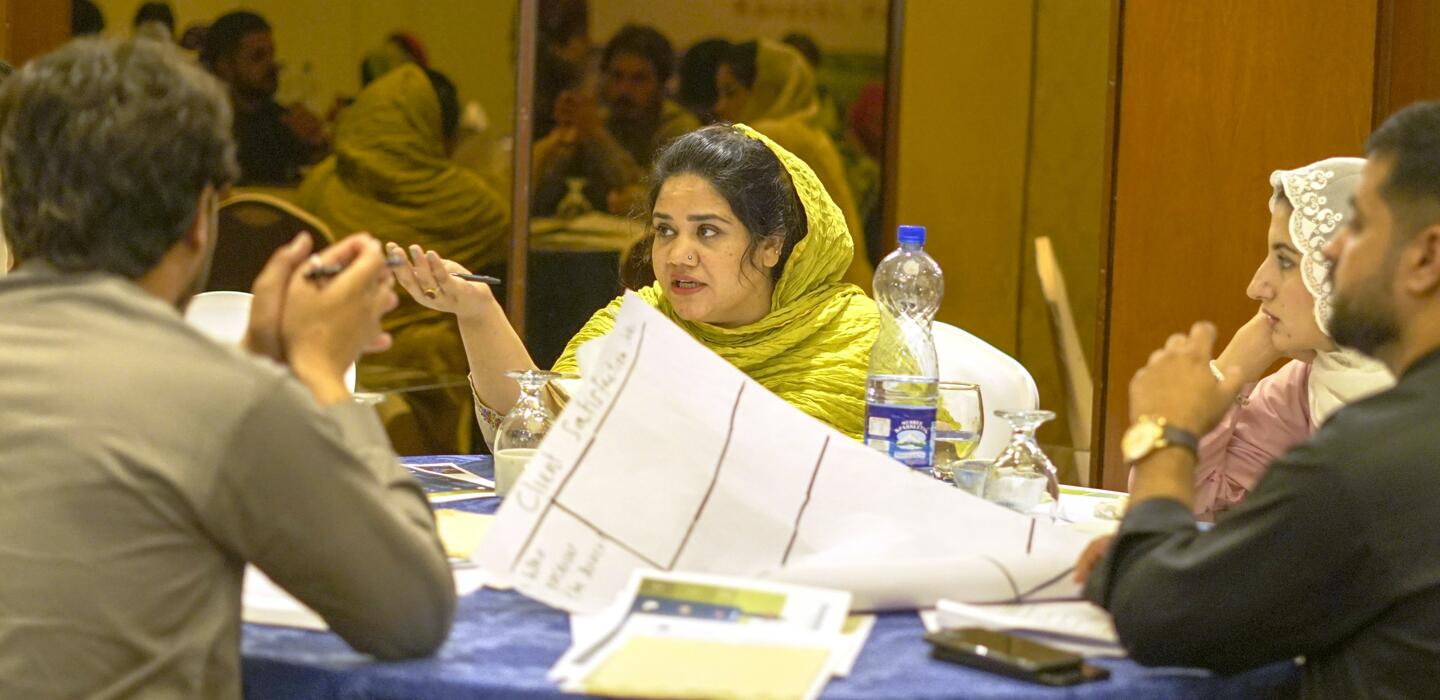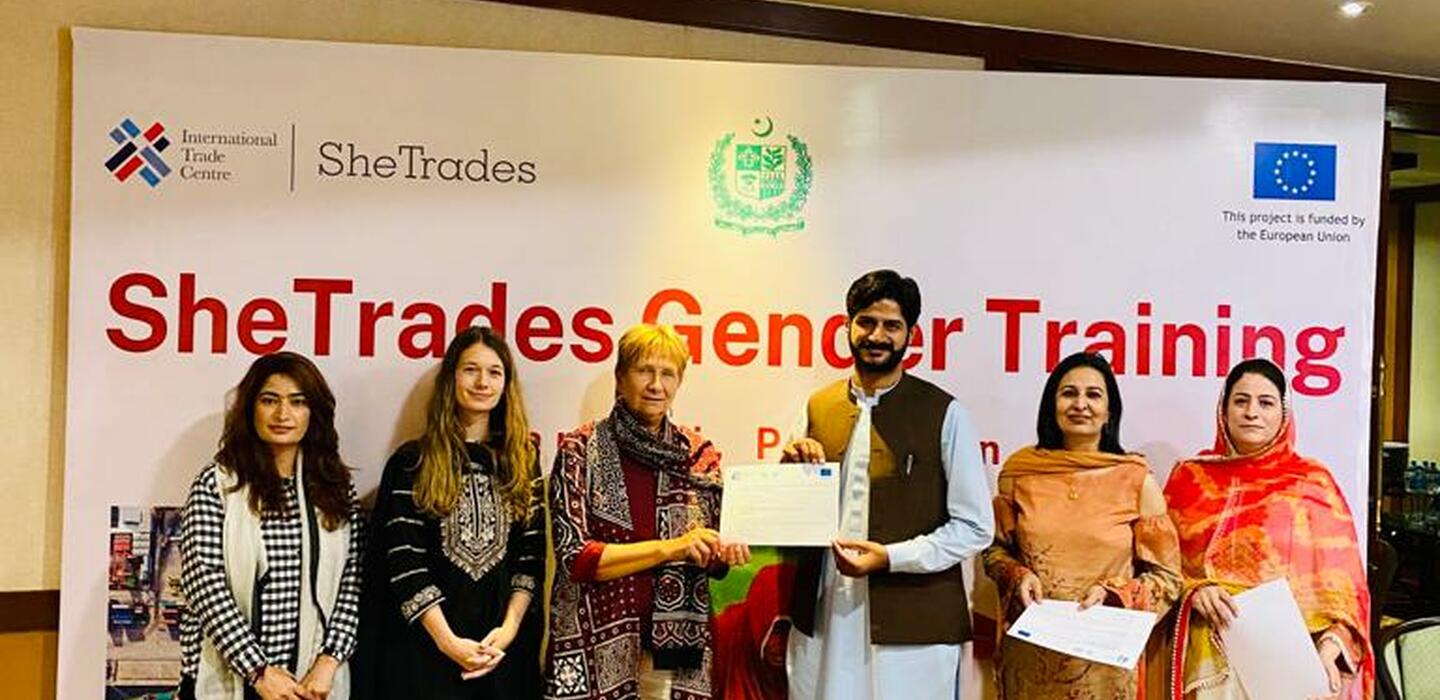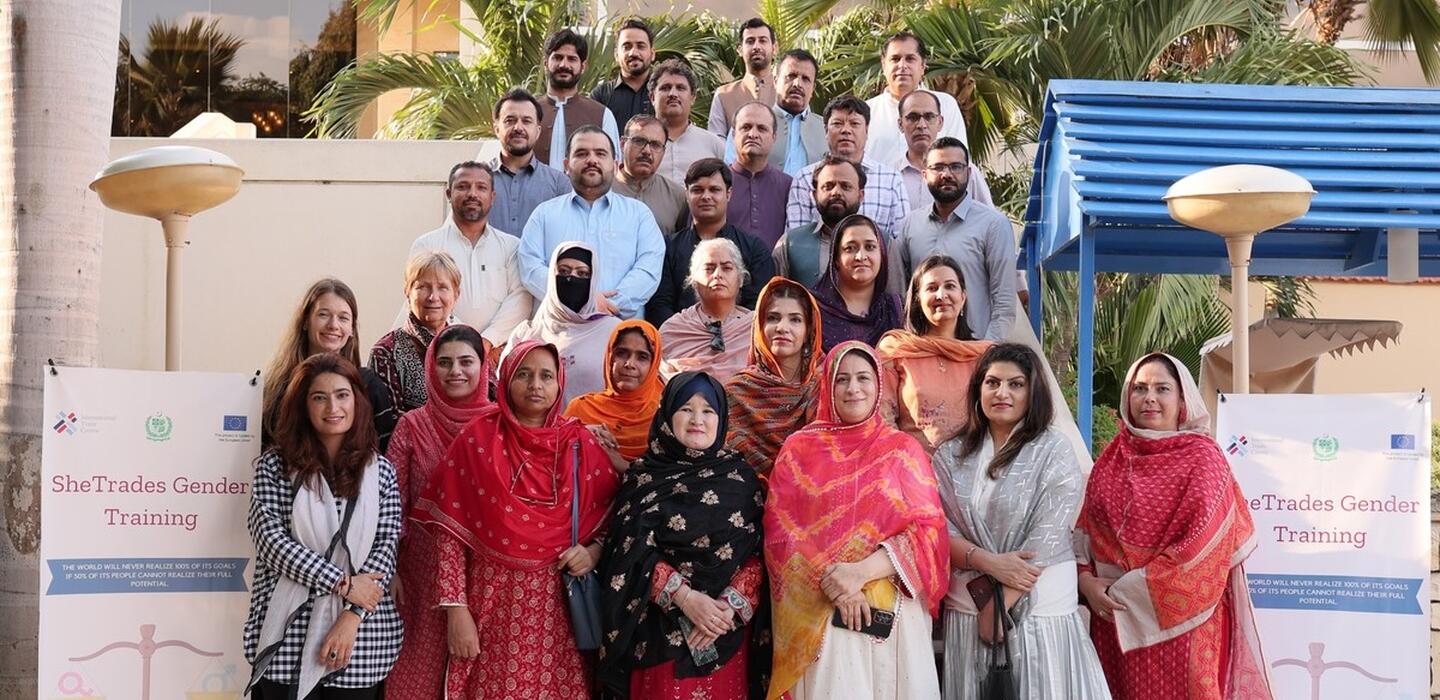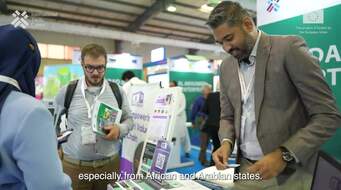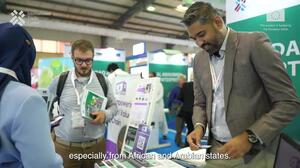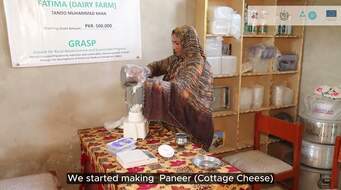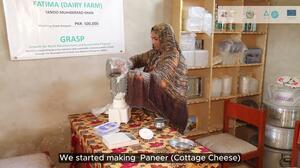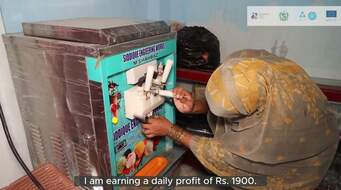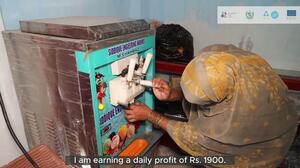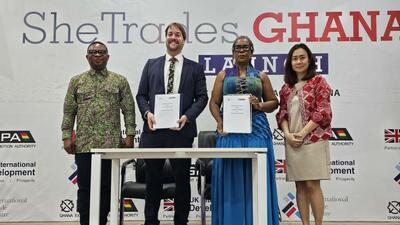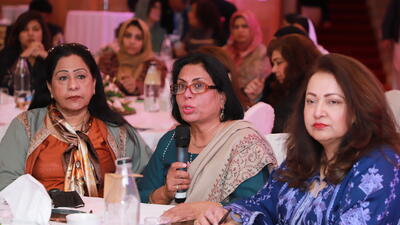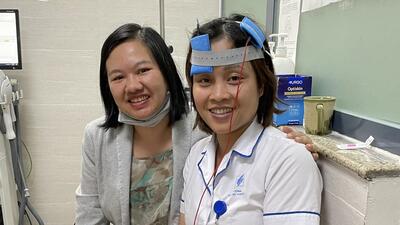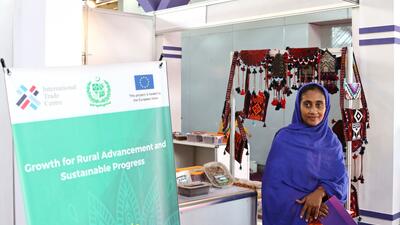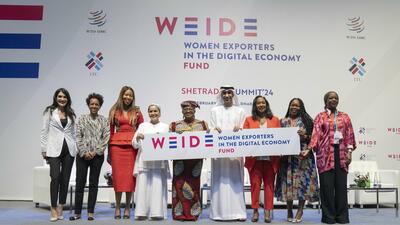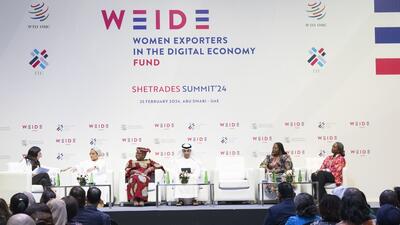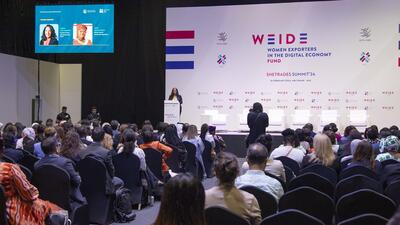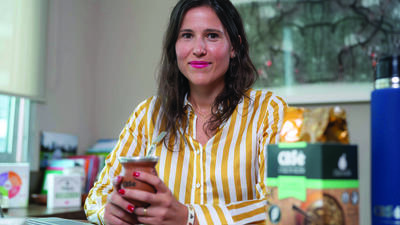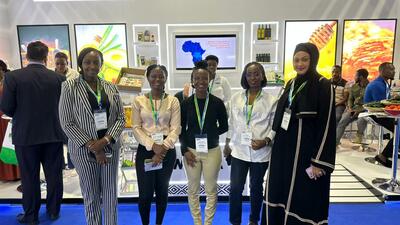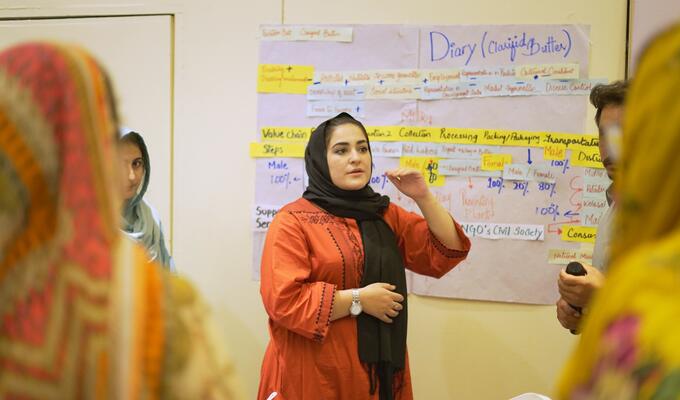
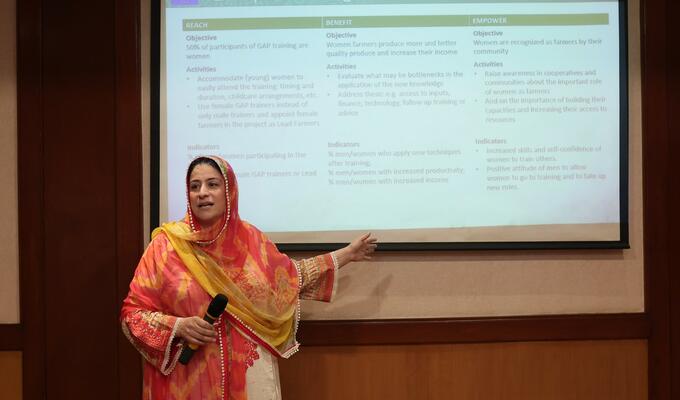
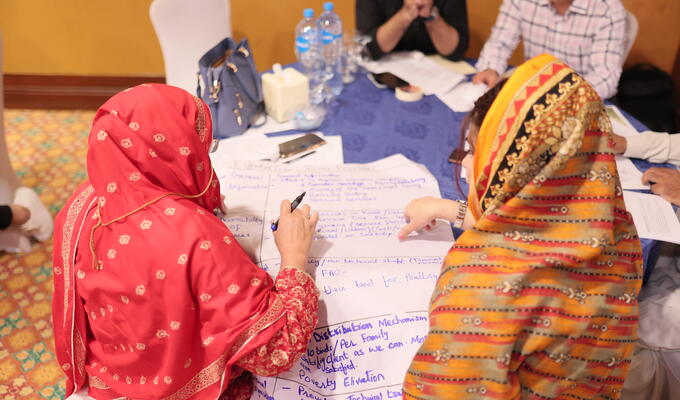
How to assess Pakistani women’s needs in agriculture
In Pakistan, women work on farms, harvest crops, and process those raw materials into new products. Their work is essential, but it’s also underpaid and undervalued. Women have limited say in decision-making and less access to resources such as land, credit and modern machinery. ITC SheTrades tools, unpacked in a recent workshop, can assess these problems to look for solutions.
These constraints leave farms less productive, and hinder growth in rural communities.
SheTrades Gender Training workshops in Karachi set out the tools for addressing these challenges. They took place as part of the Growth for Rural Advancement and Sustainable Progress (GRASP) project implemented by the International Trade Centre (ITC).
‘I firmly believe that using the Gender-Sensitive Value Chain Tool helps SMEs (small and medium-sized enterprises) understand each step of the value chain much better,’ said Rubina Bajoi, Field Officer in the western province of Balochistan with the government’s Small and Medium Enterprises Development Authority (SMEDA).
How to acknowledge women’s needs in Pakistani value chains
The workshops, conducted by the ITC SheTrades Initiative, aimed to bring to life the concepts of gender equality and women’s economic empowerment in agriculture.
Eighty people attended from government agencies, banks and partner and business support organizations. They came from Balochistan and the southeastern province of Sindh. The participants – both men and women – worked through mapping exercises to understand how women contribute to eight agricultural value chains, such as dates, olives, or tomatoes. A hands-on approach and group discussions showed how gender dynamics manifest in homes and along value chains, affecting farm productivity in the two provinces.
Over two days, participants worked in groups to develop strategies to address the challenges. Where and how do women contribute to agriculture? How do gender issues limit their opportunities? And how can services cater to the needs of women in Pakistan, especially in rural areas?
A roadmap to translate ideas into action
Participants returned to their workplaces with an action plan, as well as a set of practical gender tools for training their organizations’ staff or for working in the field.
‘I found the training invaluable for the banking sector in Pakistan. It illuminated the path towards a more inclusive financial landscape, giving us the tools and insights needed to better serve diverse customers while addressing the gender disparities that persist in our country,’ said Muhammad Khan, Head Agri Business at National Bank of Pakistan.
‘This training has opened new avenues to reshape the banking industry, making it more accessible, equitable, and beneficial for all,’ he added.Trainers will continue to provide in-person as well as online coaching sessions to help participants refine, implement and evaluate their strategies and work programmes.
About the GRASP Project
The Growth for Rural Advancement and Sustainable Progress (GRASP) programme contributes to the reduction of poverty through development of rural SMEs in the Sindh and Balochistan provinces of Pakistan. As such the programme contributes directly to the attainment of the 2030 Agenda for Sustainable Development.
GRASP will create gender inclusive employment and income opportunities in the rural areas through targeted support to both the public and private sectors.
ITC SheTrades plays a pivotal role through collaboration with the provincial teams and gender advisors, crafting a comprehensive gender mainstreaming strategy for the project that spans all project outputs and supporting the work with partner organizations, policymakers, and women entrepreneurs on different levels.




